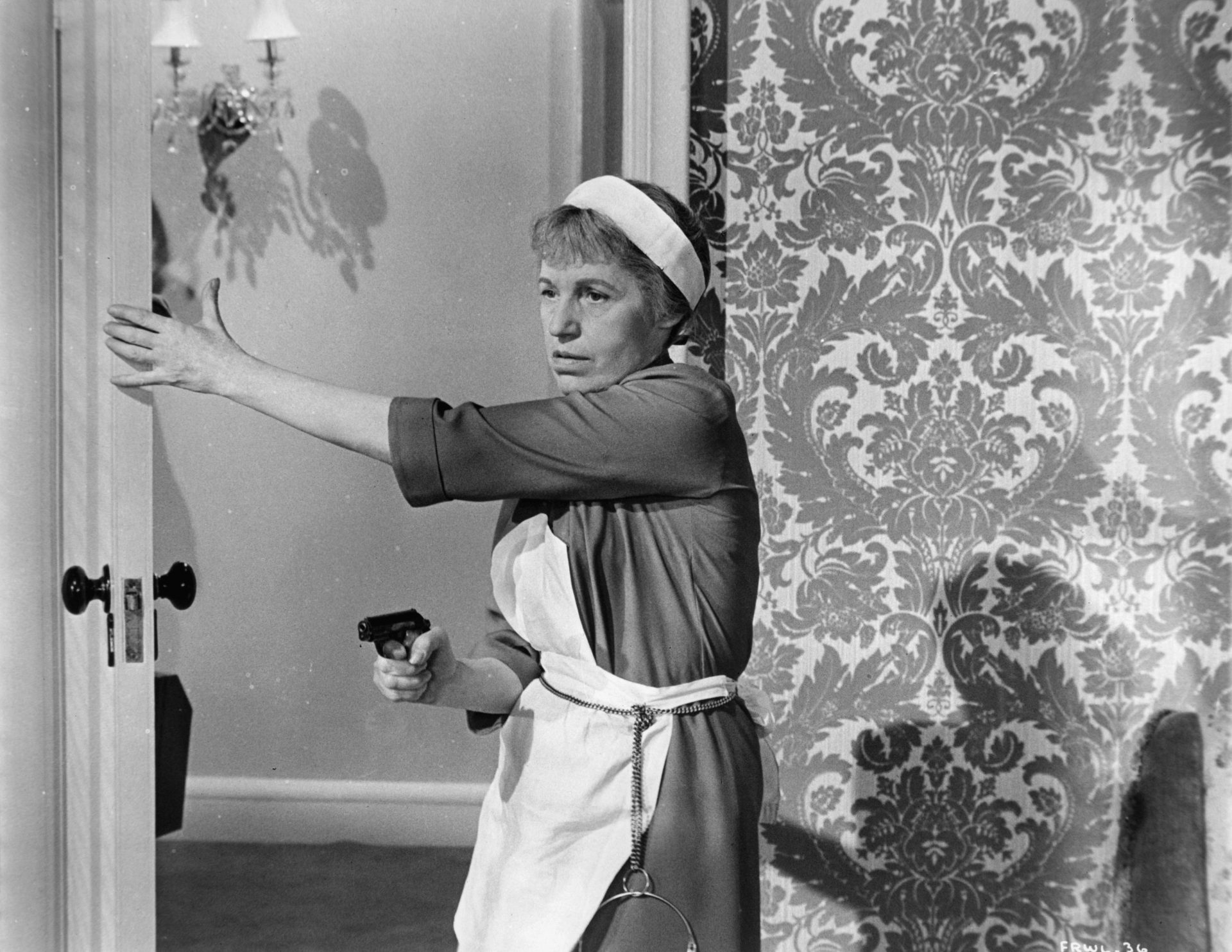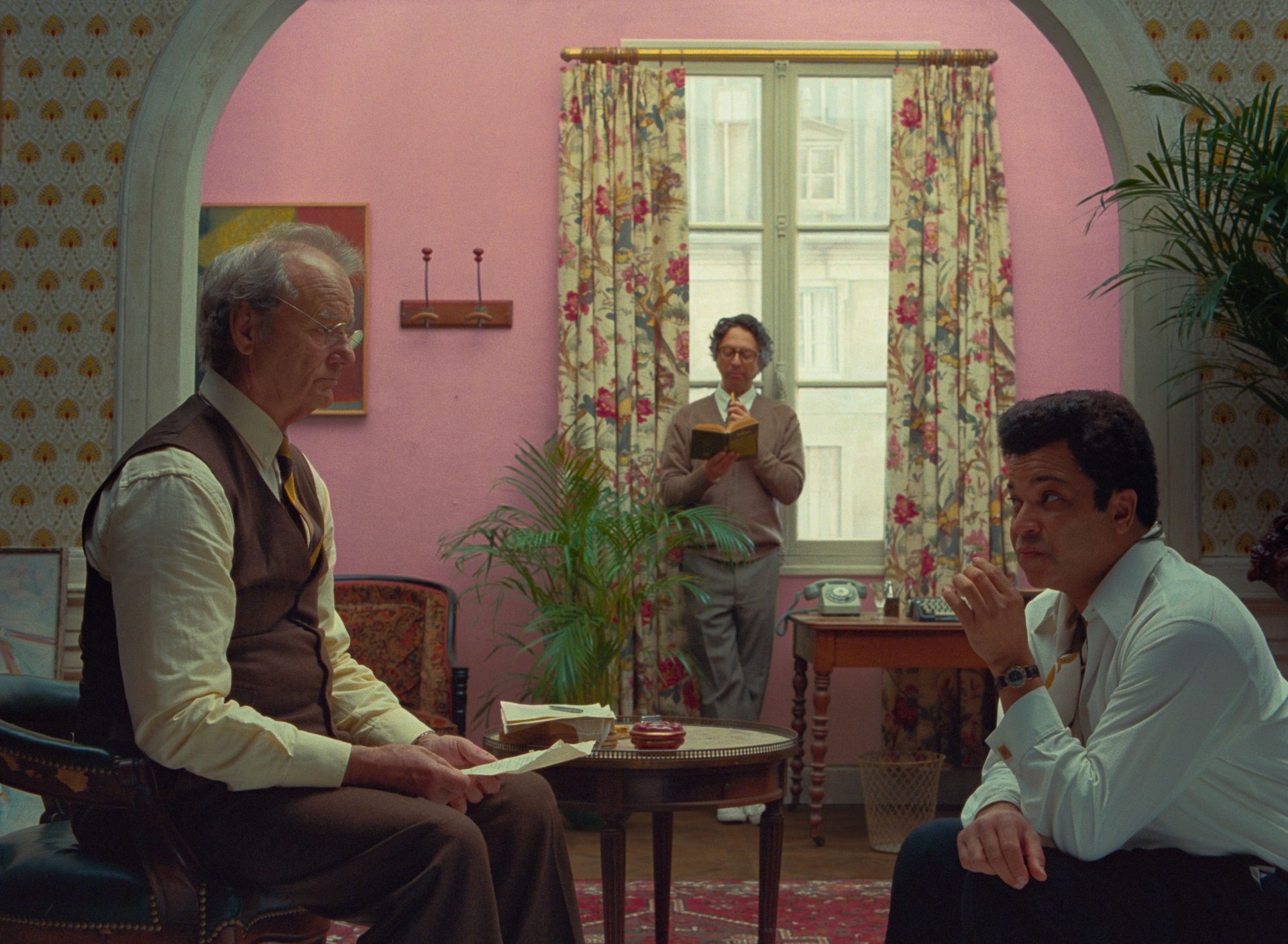When she saw him step off the train on to the platform that Sunday morning in the summer of 1924, Lotte Lenya couldn’t help but allow herself a smile.
Struggling to make ends meet as a performer in Weimar Berlin, she was working as a live-in au pair for the expressionist playwright Georg Kaiser at his home by a lake on the outskirts of the city. Kaiser was expecting a guest that day, a composer with whom he was planning to collaborate on an opera, and asked Lenya to row across and collect him from the train station.
“What does he look like?” she’d asked on her way out of the door.
“Don’t worry,” said Kaiser, “you won’t miss him, all composers look alike.”
As she pulled on the oars, Lenya built a picture in her mind: probably short in stature, owlish spectacles, maybe with a receding hairline that made him look older than his years.
Sure enough, there was Kurt Weill, bewildered among the milling Sunday day-trippers, short in stature, owlish spectacles, holding his hat in his hand to reveal a receding hairline that belied his 24 years. Lenya smiled at him, Weill nodded back and edged through the crowd towards her.
“I asked, ‘Are you Mr Weill?’ and he said ‘yes’,” recalled Lenya 40 years later. “What struck me was his voice: very quiet, very soft, very deep. We fell in love soon after that.”
It was, on the face of it, an unlikely romance. Weill was descended from rabbis on both sides of his family and had enjoyed a privileged upbringing, studying composition under Engelbert Humperdinck and becoming a protégé of the renowned composer Ferruccio Busoni. Lenya came from crippling Viennese poverty and had endured a dreadful childhood, beaten regularly by an alcoholic father and, according to her biographer, spending part of her early teens as a prostitute.
Despite their wildly differing backgrounds, Kurt and Lotte not only married – and divorced and remarried – they became each other’s inspiration. After Weill’s death in 1950 Lenya became the custodian of his legacy, performing his works to packed concert halls and introducing them to new audiences.
In Weill, Lenya found a haven, an unprecedented source of calmness in a turbulent life, a man whose musical talent besotted her. Weill, an introverted workaholic, adored the liberty of her spirit.
The marriage was an open one, something embraced more overtly by Lenya than by her husband and the root of their divorce among the political turmoil of the mid-1930s before the couple remarried in 1937. Their musical connection was always unshakable, loyal, intense and mutually inspiring. His songs and her voice became inseparable.
On their honeymoon during the summer of 1926, Weill told Lenya, “When I feel this longing for you, I think most of all of the sound of your voice, which I love like a very force of nature, like an element. For me, all of you is contained within this sound. I know every nuance, every vibration of your voice.”
Lenya’s voice was gravelly – she once described it as “an octave below laryngitis” – and while ill-suited to traditional opera, it was entirely in keeping with the Weimar cabaret scene and sound.
One critic described her as sounding like “a disillusioned child singing outside a public house”. As Weill wrote with her voice in mind, so he gradually shrugged off the shackles of his classical training to occupy a kind of middle ground between opera and cabaret.
“Then she sang Pirate Jenny,” wrote the legendary Boston Globe critic Michael Steinberg of Lenya at a 1952 performance, “or, more properly, she sang, she spoke, she negotiated a kind of sprechstimme, all in a smoky, almost hypnotically monotonous voice, her extremely American English tinged with Viennese intonations. And the audience went wild.”
The song became Lenya’s signature tune, composed for Weill’s The Threepenny Opera, which he wrote with Bertolt Brecht. The show combined popular musical theatre with a sound influenced by Mahler and Wagner. It wasn’t strictly a musical and wasn’t strictly an opera but it was entirely Lotte Lenya.
Even as their marriage collapsed, along with Weimar Germany, their bond remained strong.
Weill’s Jewishness forced him to flee, first to Paris then to New York where Lenya joined him, having helped settle his affairs in Germany. They remarried there.
Weill adapted easily to life and work in America but Lenya struggled to establish herself. Her strong accent proved problematic and when Weill died of a heart attack in 1950, her prospects looked bleak. In her grief, she immersed herself in his work and determined that she would be the keeper of his flame.
“I hope that I’m choosing the right path by going on living for him, so he won’t be forgotten too quickly in a world that has no time to remember what happened yesterday,” Lenya said shortly before a 1954 off-Broadway revival of The Threepenny Opera confirmed her as the ultimate interpreter of Weill’s work.
“I didn’t think of making a new career,” she said during the 1960s. “I had my career in Germany and that was it. But my friends insisted it was my heritage, my duty to take care of his music.”
The world of cinema also opened up to her. Her role as Contessa Magda Terribili-Gonzales in the 1961 adaptation of Tennessee Williams’ The Roman Spring of Mrs Stone brought best supporting actress nominations at both the Golden Globes and Academy Awards.
Two years later came her most famous role, as SPECTRE agent Rosa Klebb in the second Bond movie From Russia with Love.
For the woman who started out at the age of eight as a tightrope walker in a Viennese circus, followed by years hoofing on the unforgiving cabaret stages of Vienna and Zurich, Hollywood proved a welcome, less demanding place.
“I adore making movies,” she said on the set of From Russia with Love. “It’s so incredibly easy because so much is done for you. The cameras help you, the lighting helps you. There’s so little you have to do.”
Other opportunities followed.
When Cabaret opened on Broadway in 1966, Lenya made the role of Fraülein Schneider her own, clocking up more than a thousand performances and prompting The New York Times to gush, “Miss Lenya has never been better, or if she has, I don’t believe it.”
For all her stage and screen success, it’s as the gilded perpetuator of her husband’s legacy that she’s best remembered. That was her greatest role and her greatest obligation.
“When I do a film that has nothing to do with Kurt Weill then I am happy, I am on my own,” she once revealed. “But in a Kurt Weill work I am as nervous as a kitten. A burden falls on my shoulders and I feel a crushing responsibility.”




